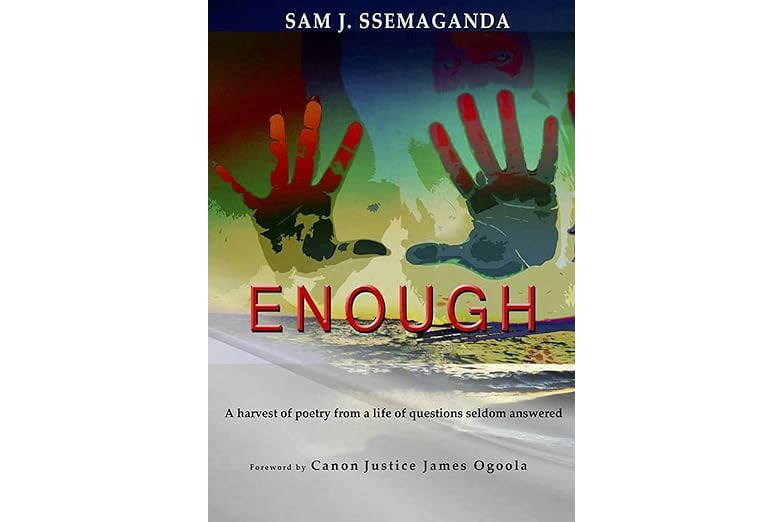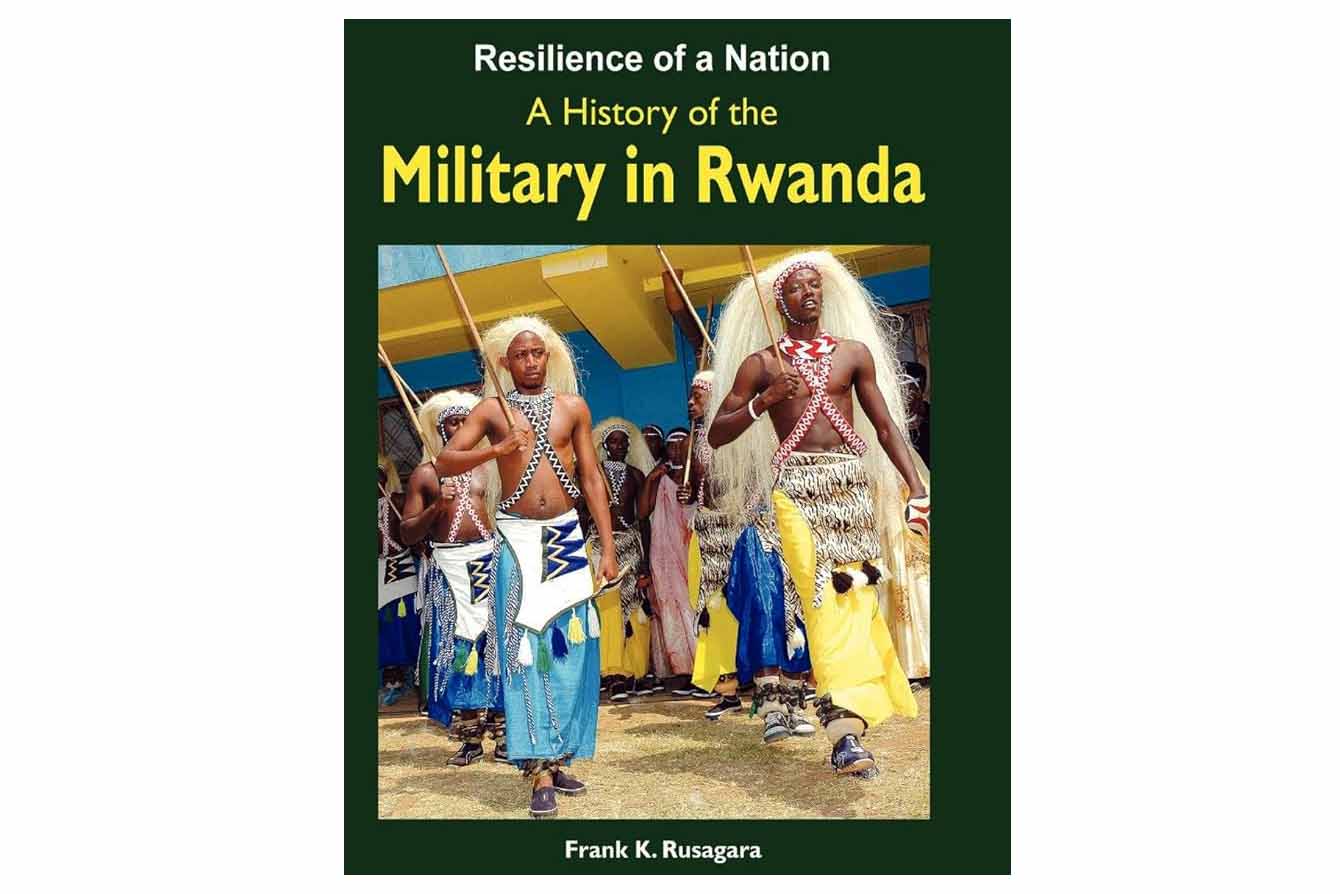Prime
Ssemaganda shows poetry clothed in many languages

Enough: A Harvest Of Poetry From a Life Of Questions Seldom Answered. Photo/Courtesy
What you need to know:
- Heart sinkers is the section which might touch you the most, it did me. The poem Mulago has particular resonance.
If you go by the title of Sam Johnson Ssemaganda’s collection of poems Enough, you may be forgiven for initially presuming it to be a literary stop sign. Instead, each poem will get you going as you give your undivided attention to an array of arresting passions, divided into five sections.
In the first section, Wake up Africa, Ssemaganda allows his revelatory exuberance to unshackle all literary restraint. We see this vividly in the poem intriguingly entitled, My Ugandan Winter. Here’s an excerpt:
“With blood streams from Kasese yet to dry. Hand-in-hand with donor-aid selfish suckers. Pardon me if a little more I have to cry!
It’s a dark poem whose blackened allusion to Kasese stands in sharp contrast to the snowy whiteness ordinarily associated with winter. The juxtaposition is tear-jerking; the tears made more real than apparent by the clear contrast.
In another poem, we are fed on a steady diet of more affecting verse in the second section of this collection entitled, “Why Do Years End In The Middle?”
An excerpt: “Does police have a plan in place? That Ugandans can still die of hunger…
And you still question my anger?”
The poem’s speaker, its persona, seeks answers regarding the murder of Andrew Felix Kaweesi, the former AIGP of Uganda Police Force. His words are not hiding in any verbal disguise of metaphor nor are his phrases dressed up by flowery words. They exist in plain sight, with their literary gloves off.
Still, the painterly oomph of each word enlivens and enforces the arguments the author makes. He never rambles nor digresses from his subject in order to impress the reader. His purpose is clear: he seeks to communicate outrage in its primary colours. So his sense of outrage is colourfully picked up on by the reader as a poetic baton en route to the finish line of shared meaning.
Heart sinkers is the section which might touch you the most, it did me. The poem Mulago has particular resonance. Here’s a taste:
“A decades’ state owned bragging rights provider
Lifeless life saver
National referral
where many are referred to be referred
I heard a woman in labour say
“If not today maybe
I’ll die another day!”
The dramatic play on words makes use of the oxymoron “Lifeless life”, which bears the stinging undertones of absurdity as referrals are to be referred. Ugandan poets tend to favour this declamatory style, so Ssemaganda is not really giving us anything new here.
Again, Ugandan poets also prefer free verse of this vintage, so the message is not delimited by too rigid a structure. It also helps poets simplify their voice; amplify a keen sense of outrage. The fourth section of this collection, Stop Terrorism, is filled with words whose high resolution pictures, if you like, underline the poet’s verbal thrusts of lyrical swordplay. However, it’s the poet’s clarity of purpose which plunges the blade of meaning into the heart of the matter:
I Once Died
“I once died. When I died. In my little coffin I lay,. I watched you smile away. My dear wife you took away! My children stripped naked
By those I clothed!”
The persona, speaking from the grave, delivers a more poignant message than if he were speaking from a pulpit, bemoaning the devastation caused by terrorism.
This elegy (a poem about death) being rendered from the grave, as it were, resurrects a tragedy telegraphed by how the poet exposes society’s hypocrisy in customarily treating the dead better than the living. Where a verb is deployed and an adjective formed, a pronoun strikes you with a deep sense of loss. The verbal inflections come at you fast and furious and you rightly begin to feel more for the living than for the dead. For the persona, being dead, has escaped the terrorism, which we all have to live with, and some must live by. This has the effect of making one envy the dead their freedom from this hell on earth.
In the penultimate section of this collection, a ray of purpose is shone through the title Grip on Hope. Although a mixed bag, the poems warm us up and, the poem, I Won’t Quit, hardens or steels our spines towards moral endurance. Look at some of the lines:
“Even when the harder I try the more I fail . I won’t quit!
It’s because no one else can feel this pain
That I won’t quit It’s because I have to try time and again.” The defiant tone of these words sounds a call to arms against the dying of a light. The persona’s sense of purpose is indeed hope poeticised, in the most eloquent manner. Heartwarmers, the last section of this book, stays true to this manner. Here’s a foretaste:
Let’s Go RED Reliable,
“Exceptional and Dependable –
Relate to someone respectable.
Real men and women are credible,
Relationships they have – unbreakable,”
Red, it has been said, is the colour of extremes. It’s the colour of passionate love, seduction, violence, danger, anger, and adventure. This collection embodies all the above, and more.
Book title
Enough: A Harvest Of Poetry From a Life Of Questions Seldom Answered
Author
Sam Johnson Ssemaganda
Price
Shs45,000
Where:
Aristoc Bookshop




